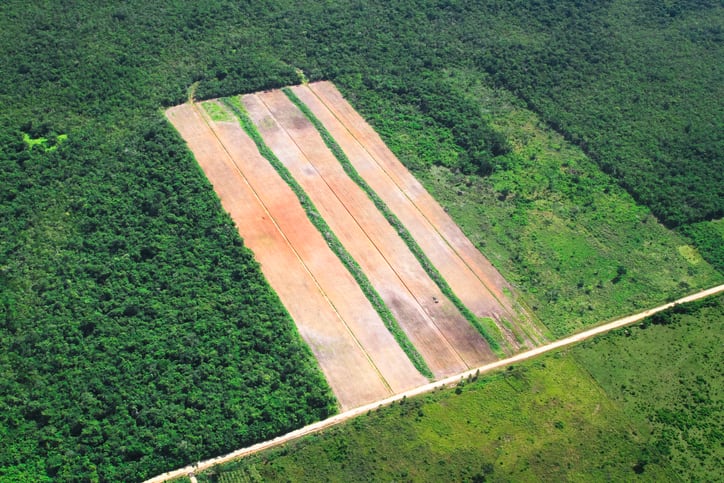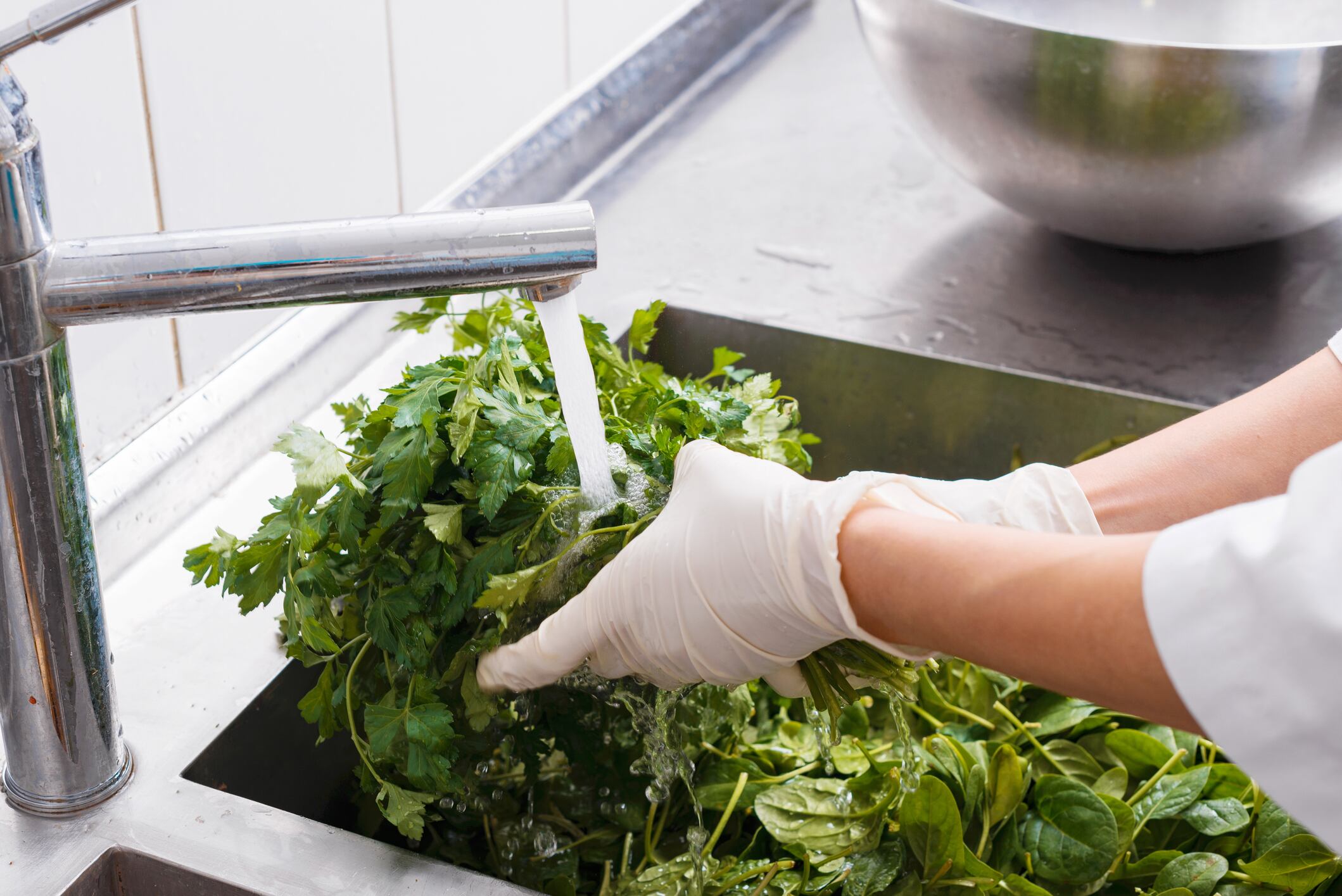Summary: Impact of Indonesia’s WTO wins on EUDR
- Indonesia has won four WTO cases against the EU over palm oil-related trade measures
- The latest 2025 WTO ruling found the EU’s RED II sustainability criteria discriminatory against palm oil.
- Industry experts say the EU’s trade barriers are being systematically dismantled by WTO rulings.
- The EU risks further WTO challenges if it gives preferential treatment to US producers under the EUDR.
- WTO rulings increase legal pressure on the EU, but implementation of changes remains slow.
Implementation of the EUDR has been a major point of concern for producers of agri-food commodities such as palm oil and cocoa in producer markets from Indonesia to Brazil.
The European Commission’s decision to delay EUDR implementation from 31 December last year to 30 December this year brought some measure of relief to the industry – but with the implementation date less than four months off, uncertainty is still rife.
[Editor’s Note: As of September 2025, the EC has proposed a further delay to EUDR implementation]
Over the past decade, Indonesia has surfaced multiple complaints to the World Trade Organisation (WTO) disputing the EU’s ‘unfair’ treatment of palm oil, from the enforcement of anti-dumping duties to measures levelled against palm oil as part of the EU’s Renewable Energy Directive II (RED II).
| Year | WTO cases between Indonesia and EU |
|---|---|
| 2017 | Indonesia won case against EU biodiesel duties |
| 2018 | EU anti-dumping duties on Indonesian palm oil found to violate trade rules |
| 2025 | RED II sustainability criteria found by WTO panel to be ‘discriminatory against palm oil’ |
| 2025 | WTO panel again finds EU countervailing duties on Indonesian biodiesel to violate international trade law |
Significantly, every single one of Indonesia’s complaints to the WTO so far when it comes to palm oil have been successful, and industry experts are hopeful that this will serve to disincentivise the EU towards putting up more ‘protectionist’ trade barriers – such as the EUDR.
“The pattern is now undeniable: Brussels repeatedly erects trade barriers against Indonesian palm oil through various mechanisms – environmental regulations, anti-dumping duties, countervailing measures – only to have them systematically dismantled at the WTO for lacking legal merit,” trade and sustainability consultant Khalil Hegarty told us.
“The cumulative effect of these rulings is narrowing the EU’s ability to block Indonesian palm oil through trade defence instruments, forcing a reckoning with Brussels’ protectionist approach to South East Asian [commodities].”
Although many of the complaints circled around biodiesel as a palm oil byproduct, it is undeniable that palm oil plays a major role in the food industry, both in Europe and around the world and these victories will have significant impacts here too.
In particular, the recent 2025 WTO ruling on RED II using criteria that is ‘discriminatory against palm oil’ will certainly ripple all throughout the industry, as sustainability lies as the major crux of the EUDR.
EUDR – palm oil ‘discrimination’ and soybean ‘favouritism’?
The issue of discrimination and protectionism bring part of the EUDR has been hotly debated over the past three or so years since it was first announced by the EC, with palm oil and soybean often cited as receiving very different treatments.
Unfortunately for the EC, this topic was pushed into the spotlight yet again last month when it committed to work with the United States to ‘address the concerns of US producers and exporters regarding the EUDR, with a view to avoiding undue impact on US-EU trade’ as part of the US-EU Trade Framework Agreement.
A key argument for the EUDR that the EC has consistently used is that it will be applied ‘universally’ on all affected commodities and all countries, regardless of development status or perceived risk – and this is being challenged by the palm oil sector after its agreement with the US.
“This preferential dialogue creates an immediate dilemma for Brussels: any special treatment granted to the US must either be extended to all trading partners – including Indonesia and Malaysia – or risk severely damaging those relationships and inviting WTO challenges,” Hegarty stated.
“The EUDR’s universal application across all countries represents its strongest defence against discrimination claims under WTO rules [and based on this] Indonesia could have legitimate grounds to demand the same treatment as the US.”
The EUDR will use a risk-based classification system to categorise different producer countries into different deforestation risk-levels, with those classified as zero-risk/null-risk deemed to pose negligible deforestation threats.
Such countries would be subjected to far fewer requirements under the EUDR, including the controversial plot-level geolocation data needed to meet traceability requirements.
One of the US’ main complaints – which were acknowledged by the EC – has been that it is not a deforestation hotspot but would still need to comply with these costly and complex geolocation tracking.
“If the US is able to make this argument, Indonesia could too – the Indonesian Sustainable Palm Oil (ISPO) certification system could claim equivalence to American soybean standards, so Indonesia can demand the same ‘negligible risk’ designation as the US,” Hegarty explained.
“Failure to do so would raise serious World Trade Organization consistency issues. Either everyone gets simplified compliance or no one does – there’s no middle ground that survives WTO scrutiny.”
Will the WTO’s stance be able to effect swift change for palm oil?
That said, Hegarty pointed out that victories at the WTO stage do not necessarily translate to actual trade victories in the short to medium term.
“While the WTO panel recommendation that the EU bring its measures into conformity is clear, Indonesia has legitimate concerns about implementation based on Brussels’ track record,” he said.
“The EU has been notoriously slow to comply with adverse WTO rulings on palm oil, particularly the RED II decision where meaningful changes remain pending despite the clear findings.”
However, he offered an optimistic view in that all of these movements in the sector have started the ball rolling for real change to be made.
“The growing weight of WTO jurisprudence against EU palm oil measures create strong legal pressure for genuine compliance,” said Hegarty.
“The latest rulings represent more than a tactical victory – they signal a potential turning point in the long-running battle over palm oil market access.”
Join us for the Climate Smart Food broadcast series
Central to Sustainable September is FoodNavigator’s revamped, global Climate Smart Food broadcast series, which includes three episodes that will air on September 9, 16 and 23. They’ll also be available to watch on-demand.

Also join us for the Sustainable September survey, an anonymous, global poll developed to help the sector understand how FMCGS, ingredients suppliers, retailers, start-ups and supporting businesses are responding to the climate crisis.






